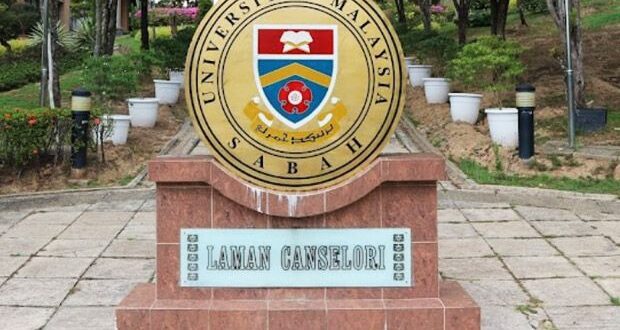KOTA KINABALU: Villagers and first responders will work with educators to improve disaster management efforts following the launch of Universiti Malaysia Sabah’s (UMS) first living laboratory in the Kota Belud district.
The Melangkap Natural Disaster Living Laboratory (MaHBAM) is a joint effort by the Natural Disaster Research Centre (NDRC) and UMS in conjunction with the Melangkap Natural Disaster Task Force initiation workshop held recently.
UMS Science and Natural Resources faculty dean Prof Dr Jualang Azlan Gansau said the laboratory has five main objectives, including creating resilient communities through the strengthening of community-based disaster risk management.
He added that the laboratory will also boost communities’ disaster preparedness through education and training, and also conduct research and observation in Melangkap.
Jualang said the laboratory will also strive to minimise risks and foster better relations between communities and stakeholders in disaster management efforts.
With the laboratory, NDRC researchers can better share their disaster management knowledge with the local communities there, he said.
“We hope this living lab could help local communities adapt to situations and find solutions in terms of saving lives during a crisis,” he said, adding that his faculty and UMS looked forward to continuing their knowledge sharing with local communities.
NDRC UMS director Prof Dr Carolyn M. Payus said the laboratory was the result of suggestions and requests from Kg Melangkap Baru folk as well, as shared by village chief Somboton Gunsalahon.
“We hope NDRC UMS and other agencies can help communities and educate them better on disaster management,” Carolyn said.
Kg Melangkap is rich in eco-tourism activities, and situated on or close to riverbanks.
The most common disasters occurring here are floods and landslides.
The laboratory is the first from UMS and the second of its kind in Sabah, Carolyn noted.
The first, Resilience Living Lab Kundasang, was launched by the Disaster Preparedness and Prevention Centre of Universiti Teknologi Malaysia in Ranau district last year.
On the Melangkap disaster management task force, Carolyn said it is also an idea from villagers and the Kota Belud Fire and Rescue Department, together with the Kota Belud Civil Defence Force.
It is also the first task force of its kind in Sabah, Carolyn said, adding that it is vital for communities to have adequate knowledge and preparedness in handling crises and disasters.
She said they must be able to work with rescue agencies and have the capacity, skills, knowledge and preparedness to act first while waiting for assistance to arrive.
Deaths, injuries and losses can be minimised with proper planning, preparations and response, she added.
Also present were researchers Prof Dr Felix Tongkul, Prof Dr Chee Fuei Pien and Dr Noor Sheena Herayani Harith as well as Sabah National Security Council chief of office Amir Shah Noor Ahmad and Kota Belud assistant district officer Winnie Anggon.
 BeritaKini.biz Berita Viral Terkini di Malaysia
BeritaKini.biz Berita Viral Terkini di Malaysia





